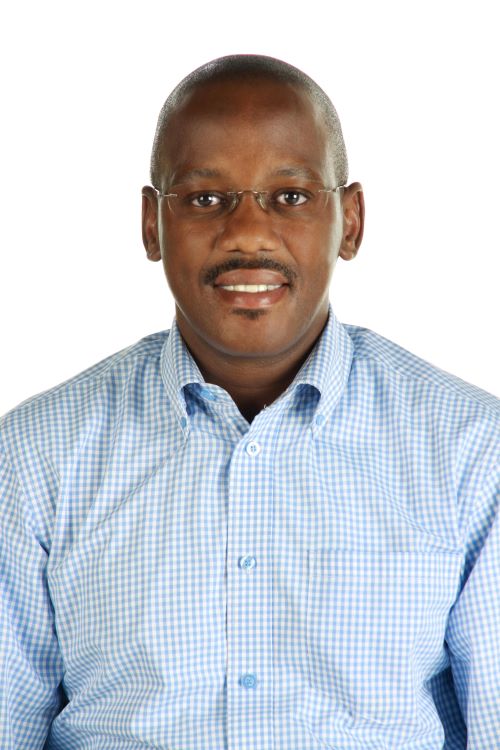by Mosima Rafapa
The Tshwane University of Technology’s (TUT) Faculty of Engineering and the Built Environment (FEBE) has received full accreditation from the Engineering Council of South Africa (ECSA) for its Advanced Diploma in Electrical Engineering. The affirmation follows a comprehensive two-day evaluation conducted in April 2025.
Led by FEBE’s Acting Faculty Quality Officer, Jones Moloisane, the Directorate: Quality Promotion’s Quality Advisor Reviews, Nhlanhla Dikiza and the Department of Electrical Engineering’s Section Head and Programme Manager for Bachelor of Engineering Technology and the Advanced Diploma, Johann Pretorius, the ECSA Accreditation Team made up of both academics and industry partners conducted rigorous assessments over the two-day period. These included in-depth programme reviews, facility visits, interviews with academic staff, students and Faculty student leadership, as well as detailed audits of documentation as a means of triangulation, which is used as a verification measure.

FEBE’s Acting Faculty Quality Officer, Jones Moloisane.
According to Moloisane, the programme has been accredited for the full five-year cycle until the next scheduled accreditation visit by ECSA’s High Impact Committee of the Governing Council, the Accreditation and Training Committee (ATC).
“No concerns or deficiencies were highlighted in the final report, which affirms FEBE’s dedication to academic excellence and alignment with national and international engineering standards,” he said.
He added that the successful accreditation strengthens the University’s standing in the higher education and engineering sectors. “This recognition ensures that TUT graduates are not only industry-ready but also meet the professional requirements for registration with ECSA as engineering technologists, enhancing their career prospects locally and globally.”
In conclusion, he commended TUT for this achievement that highlights the University's dedication to providing high-quality, relevant engineering education that aligns with the profession's evolving demands.
